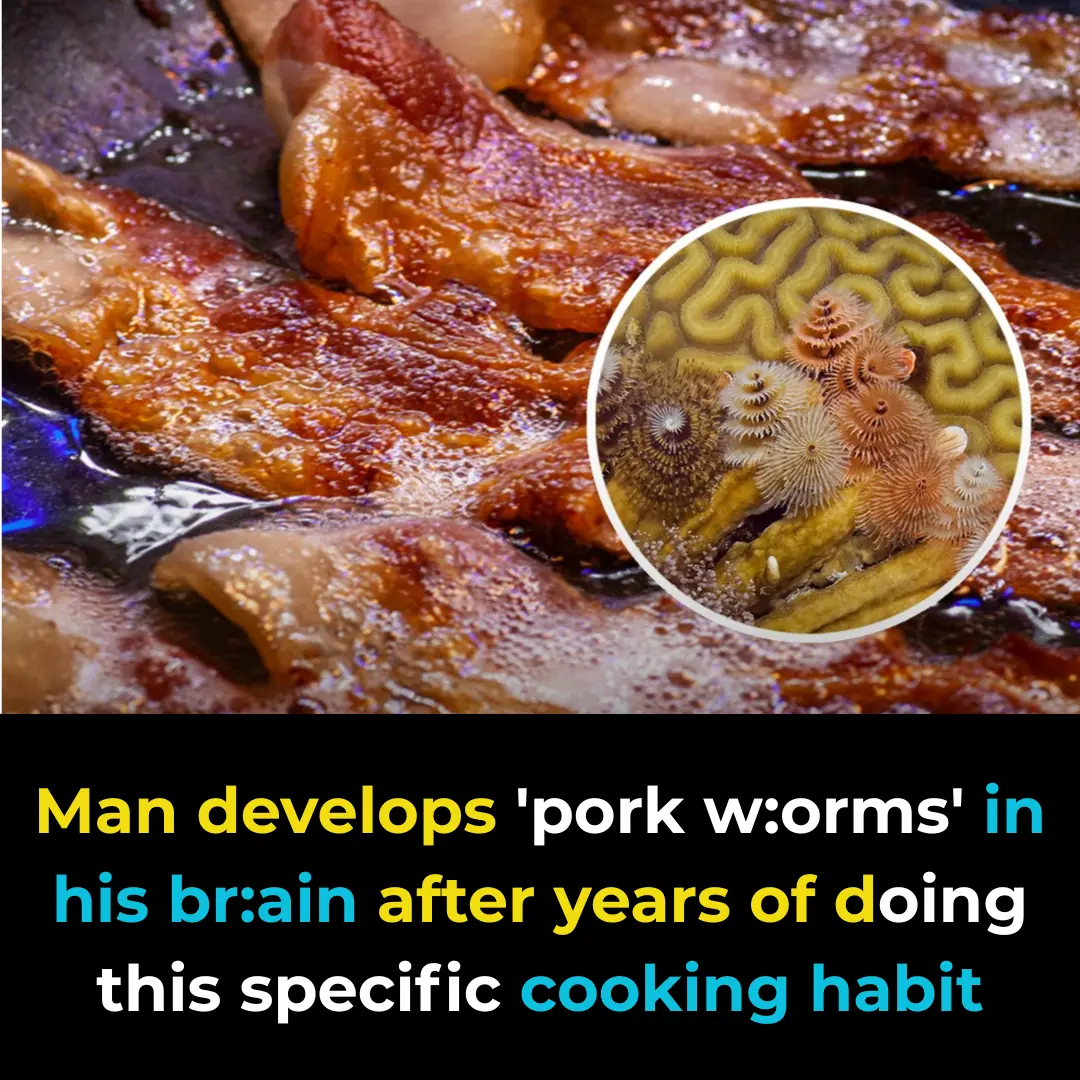
Woman who d::ied for 24 minutes before being brought back to life details exactly how it felt
A woman who was clinically dead for 24 minutes has openly shared what the experience was like, leaving many people fascinated and full of questions.
Over the years, countless individuals have recounted stories of dying briefly and then being brought back to life, often thanks to the incredible advancements of modern medicine and life-saving technology. What was once considered impossible — surviving long periods without a heartbeat — is now something doctors can occasionally reverse with rapid intervention.
If we rewind to 100 years ago, things looked very different. During the early 20th century, people frequently lost their lives to illnesses such as influenza, tuberculosis, and pneumonia. Medical resources were limited, antibiotics did not yet exist, and the average global life expectancy hovered only around the early to mid-30s, according to data from Statista. Fast forward to today, the average human life span has more than doubled, rising to approximately 72 years worldwide. Yet even with this progress, one woman came dangerously close to becoming an exception to this statistic when her heart stopped for nearly half an hour.
That woman is Lauren Canaday, who decided to take to Reddit a few years ago to share her extraordinary near-death experience and invite others to ask her anything they were curious about.
“I went into sudden cardiac arrest at home this past February,” Lauren wrote. “My husband called 911 immediately and began CPR. It took paramedics 24 minutes to bring me back. After spending nine days in the ICU, doctors told me I was ‘cognitively intact’ with no visible brain damage on MRIs.”
Her husband’s quick actions were crucial. Performing CPR for nearly half an hour kept blood circulating just enough to protect her brain until emergency responders could take over. Lauren also revealed that despite having a medical history of seizures, she showed a normal EEG after her recovery, something even doctors found remarkable.
Naturally, people wanted to know if she had any memory or vision of what happened during those lost 24 minutes. Lauren admitted that she didn’t recall anything specific from the time her heart had stopped. “I was in a coma for two days,” she explained. “When I finally woke up, I was extremely disoriented. I didn’t understand why I was intubated, and for several more days I had no short-term memory.”
She continued, “I never regained memory of the week before or most of my time in the ICU, and even the month leading up to it is hazy. What I do remember is a powerful sensation of complete peace — something I still miss deeply.”
That serene feeling, she noted, stayed with her for several weeks after waking, almost like a lingering echo of the experience. Yet, despite this strange comfort, the recovery process was not simple. Lauren admitted she kept forgetting why she was even in the hospital.
When asked if she ever felt guilty or conflicted about surviving, she responded honestly: “Yes, absolutely. A hundred percent. I carried so much guilt and confusion, and I also had to grieve the consequences of what had happened. My emotional state was incredibly fragile for a long time. I would not have managed without my husband’s support.”
Her ordeal forced her to take time away from work and to focus on healing both physically and mentally. She began weekly therapy sessions, joined support groups, and eventually even launched her own newsletter to connect with others. Writing and exchanging messages with subscribers, she said, gave her a way to process the overwhelming emotions tied to her near-death experience.
Lauren’s story is not only a rare glimpse into what it means to survive prolonged cardiac arrest but also a reminder of the thin line between life and death — and the strength it takes to continue living after such a profound event.
News in the same category


‘Healthy Man’ Diagnosed With Cancer After Noticing Dog’s Bizarre Behavior Around Him

Nearly 64% of All Bottled Water in America Is Just Tap Water. These Are the Brands.
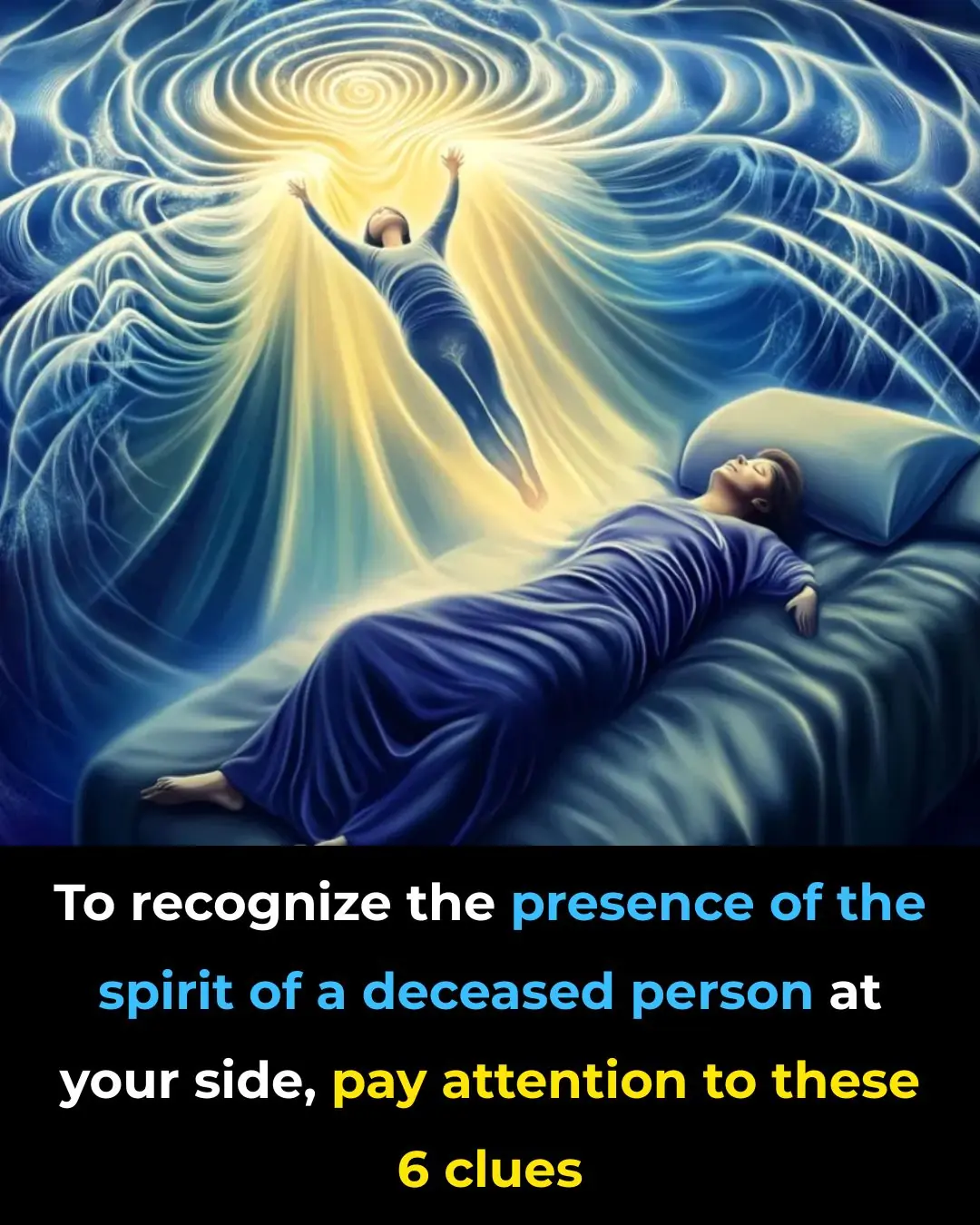
The difference between the spirit of a loved one and other forces

One Swedish man replied to all those who wondered how people live in such tiny apartments by showing his own

Expert issues warning to couples as 'menodivorce' becomes increasingly common in relationships
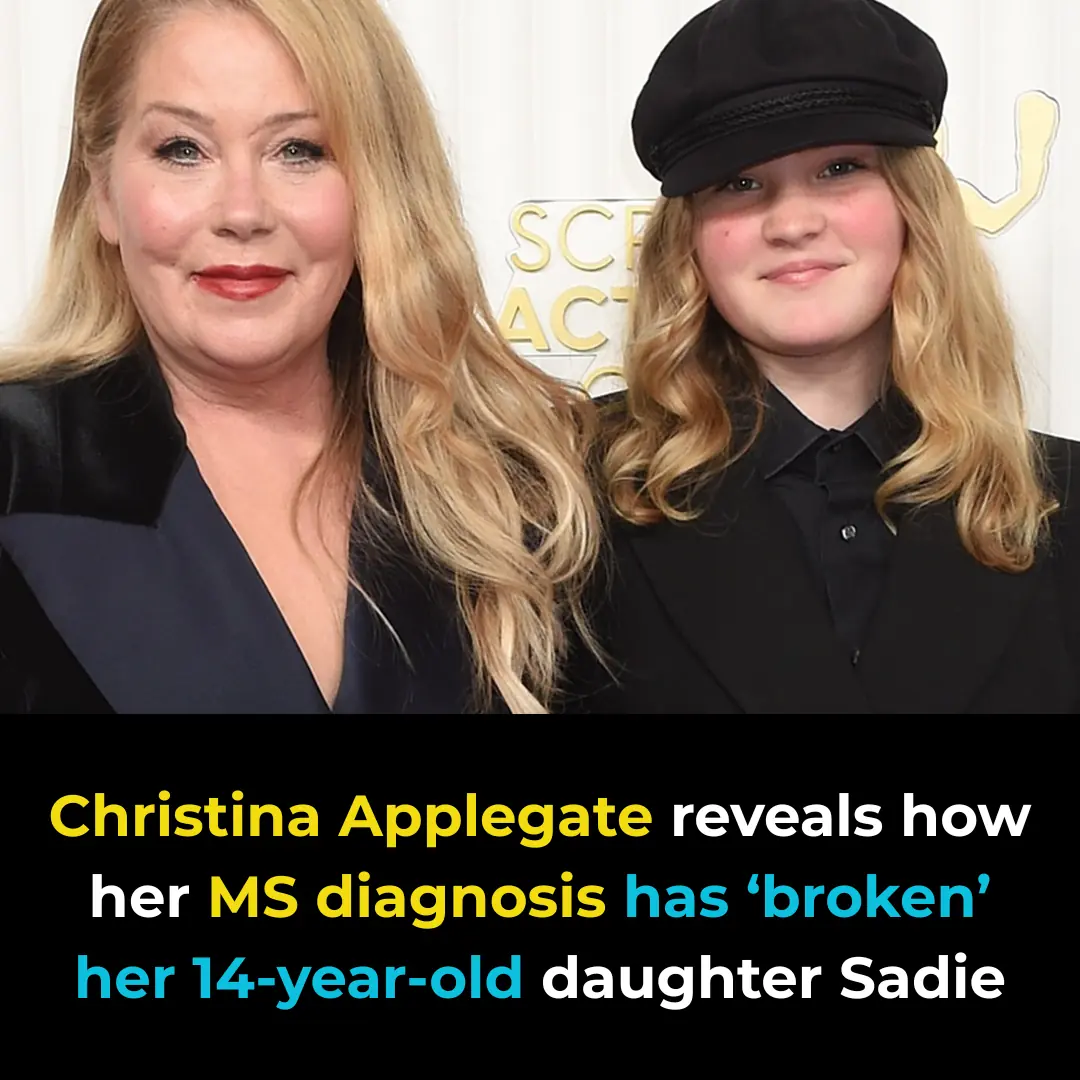
Christina Applegate reveals how her MS diagnosis has ‘broken’ her 14-year-old daughter Sadie

How True Love Shows Itself During Intimacy
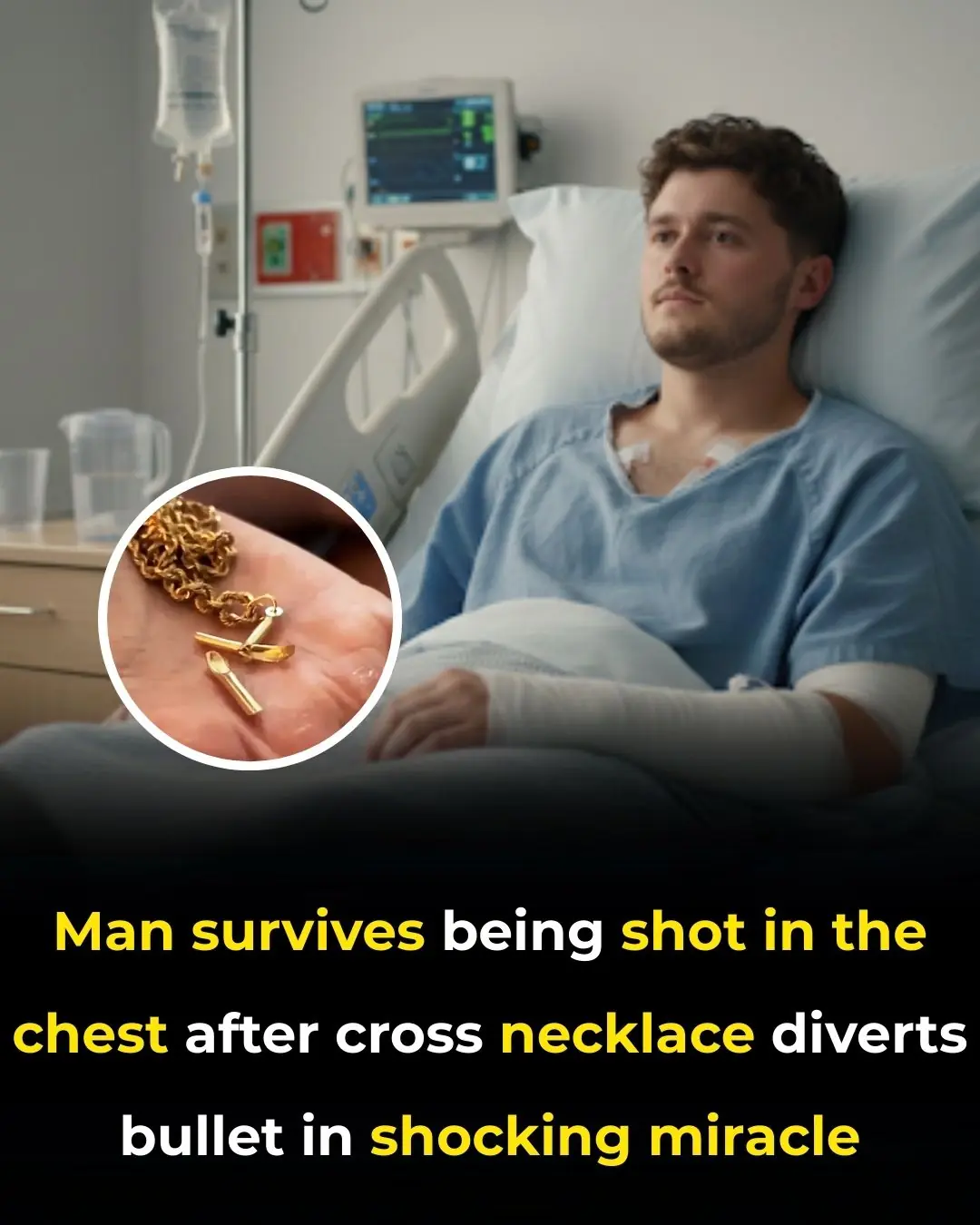
‘Miracle’ Moment: Cross Necklace Stops Bullet and Saves Man’s Life

Christian Bale Built $22 Million Foster Care Village in California

Emma Stone opens up about coping with fame after revealing she would like to be called by real name

Airline sparks outrage with controversial new plus-size seating rule

Millionaire game hunter killed by same buffalo he was stalking

Donald Trump’s Niece Raises Serious Concerns Claiming He’s ‘Declining Rapidly’ and ‘Rambling’

Why Some People Can’t Handle Spicy Food
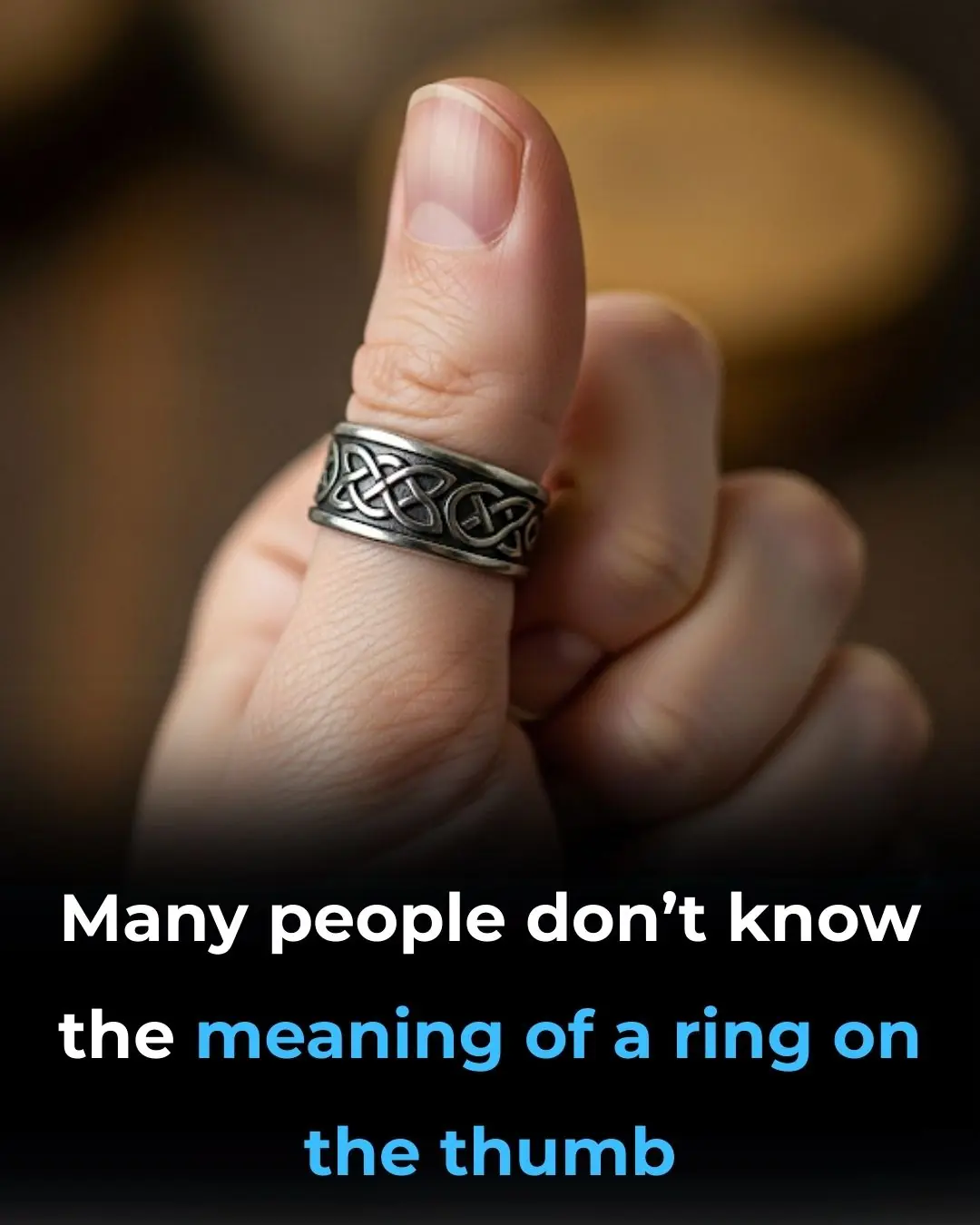
The hidden meaning of thumb rings: what they represent for women vs. men

The Small Hole on the Sink: A Feature You Never Knew You Needed
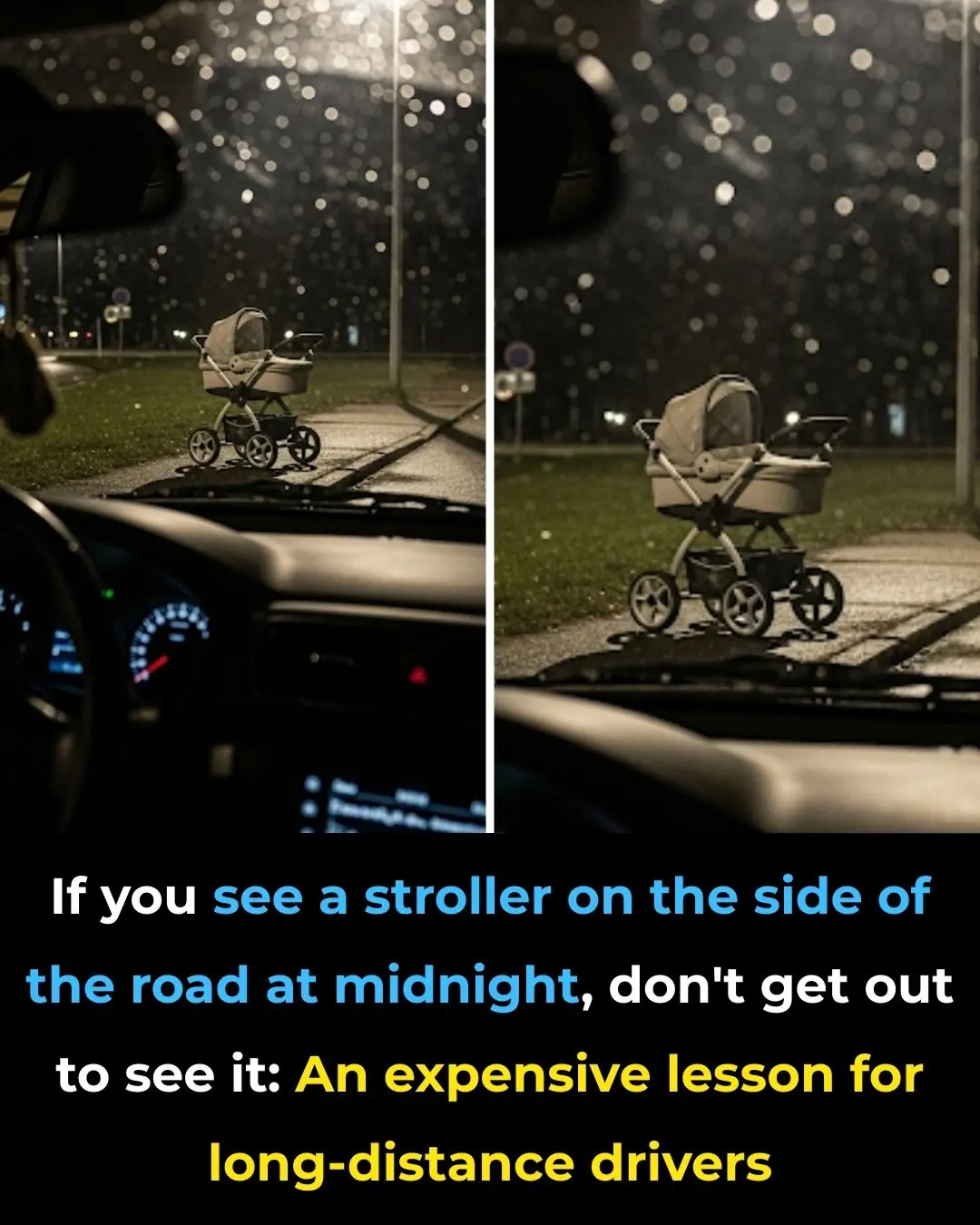
Concerned Woman: Beware of Abandoned Prams on Roadsides!
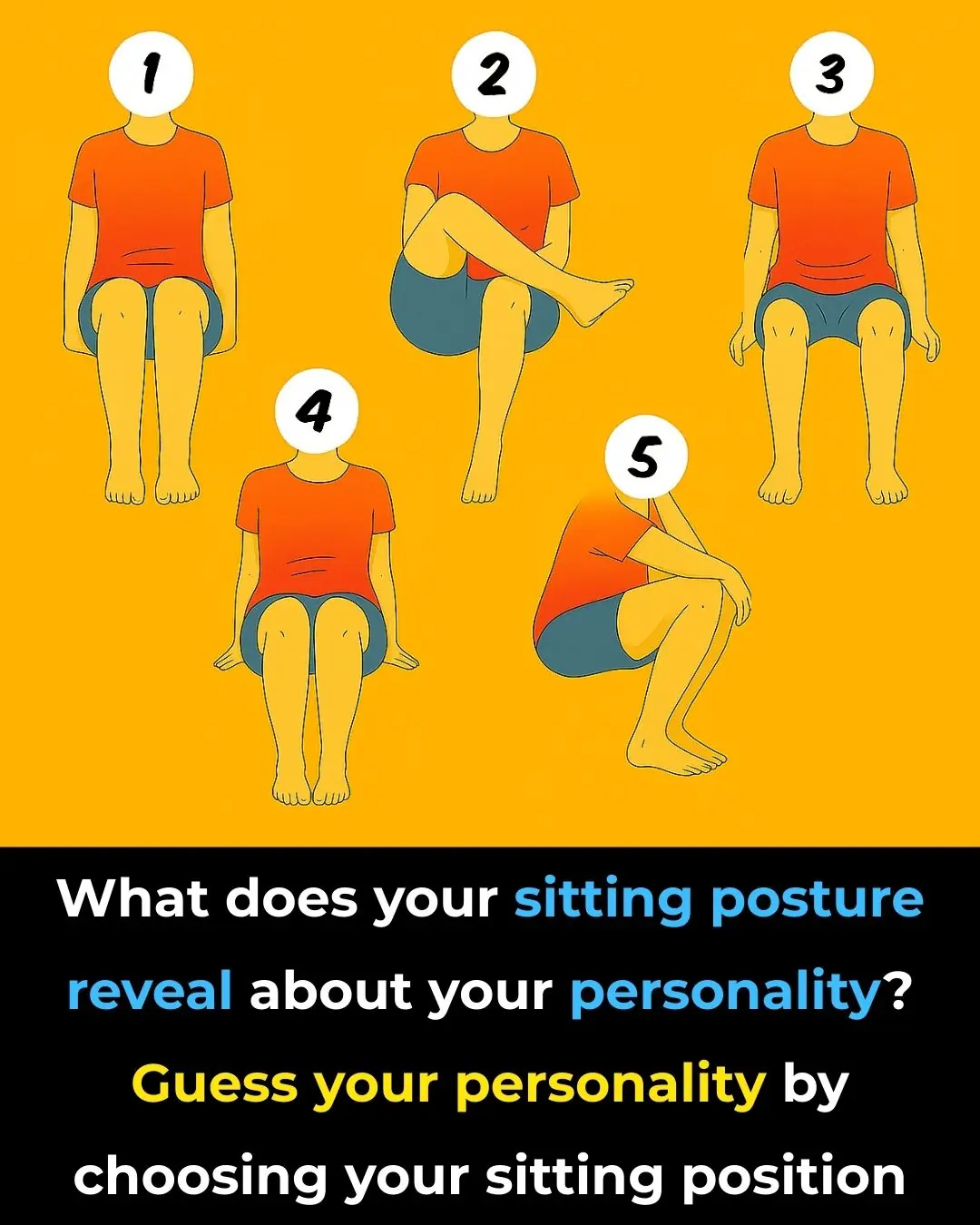
Your Character According to Your Sitting Style
News Post

5 Delicious Eating Habits That Put the Whole Family at Risk of C:ancer – Extremely Dangerous and Should Be Avoided Immediately

Be careful — one single action at the airport could ruin your en:tire life.
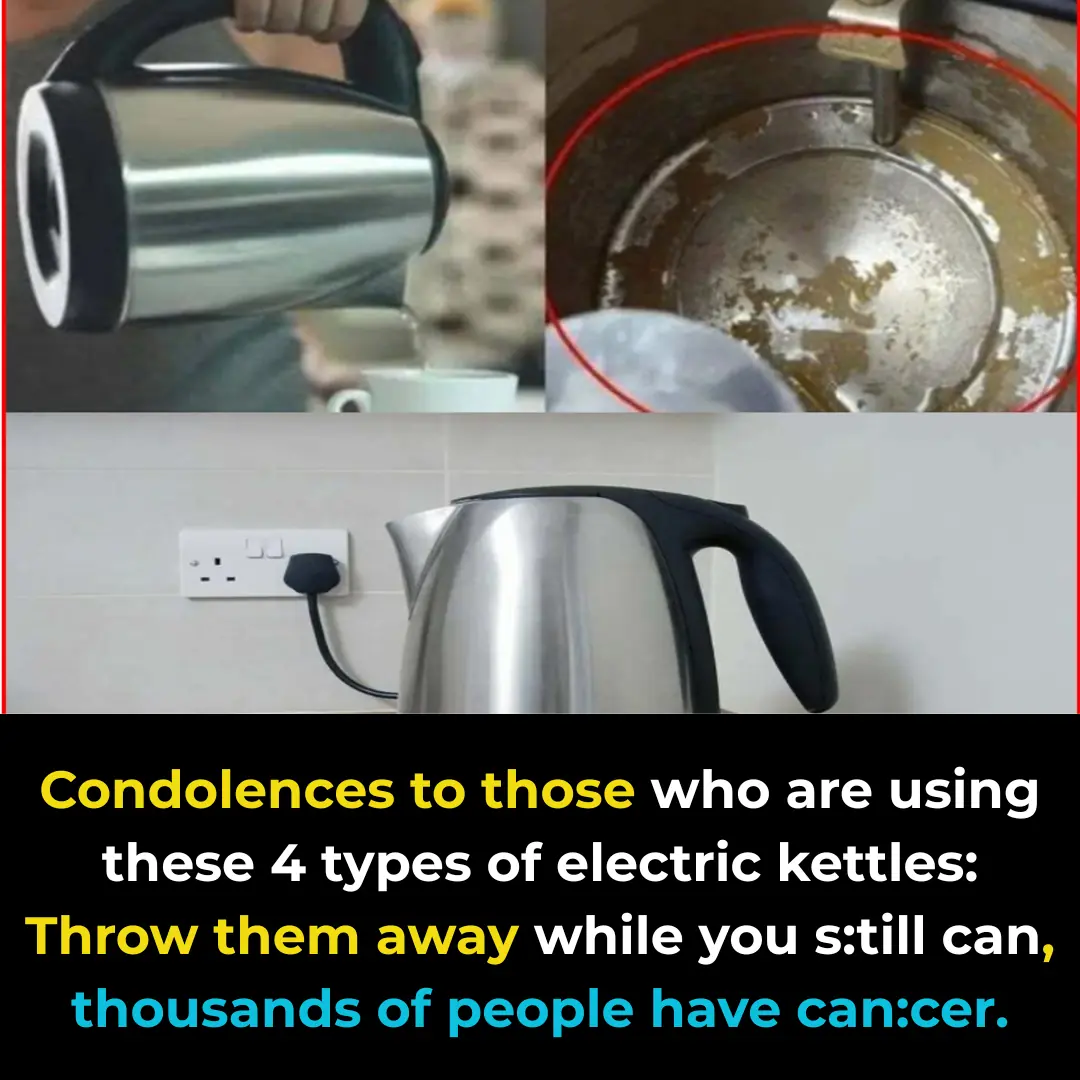
Condolences to those who are using these 4 types of electric kettles: Throw them away while you still can, thousands of people have already developed c:ancer.

How Magnesium Keeps Your Heart Rhythm Healthy

Why Do I Cough When Taking a Deep Breath?

Taking the Stairs Could Help You Live Longer
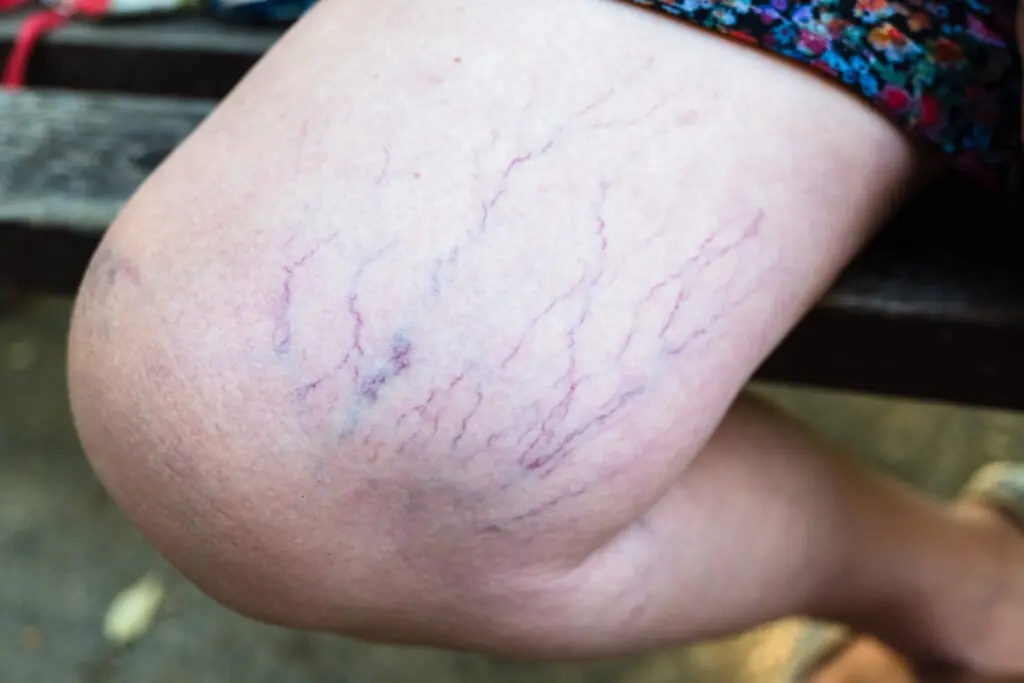
Purple Veins on Your Legs: When to Worry

Man develops 'pork worms' in his brain after years of doing this specific cooking habit

Signs Your Cortisol Is Dangerously High
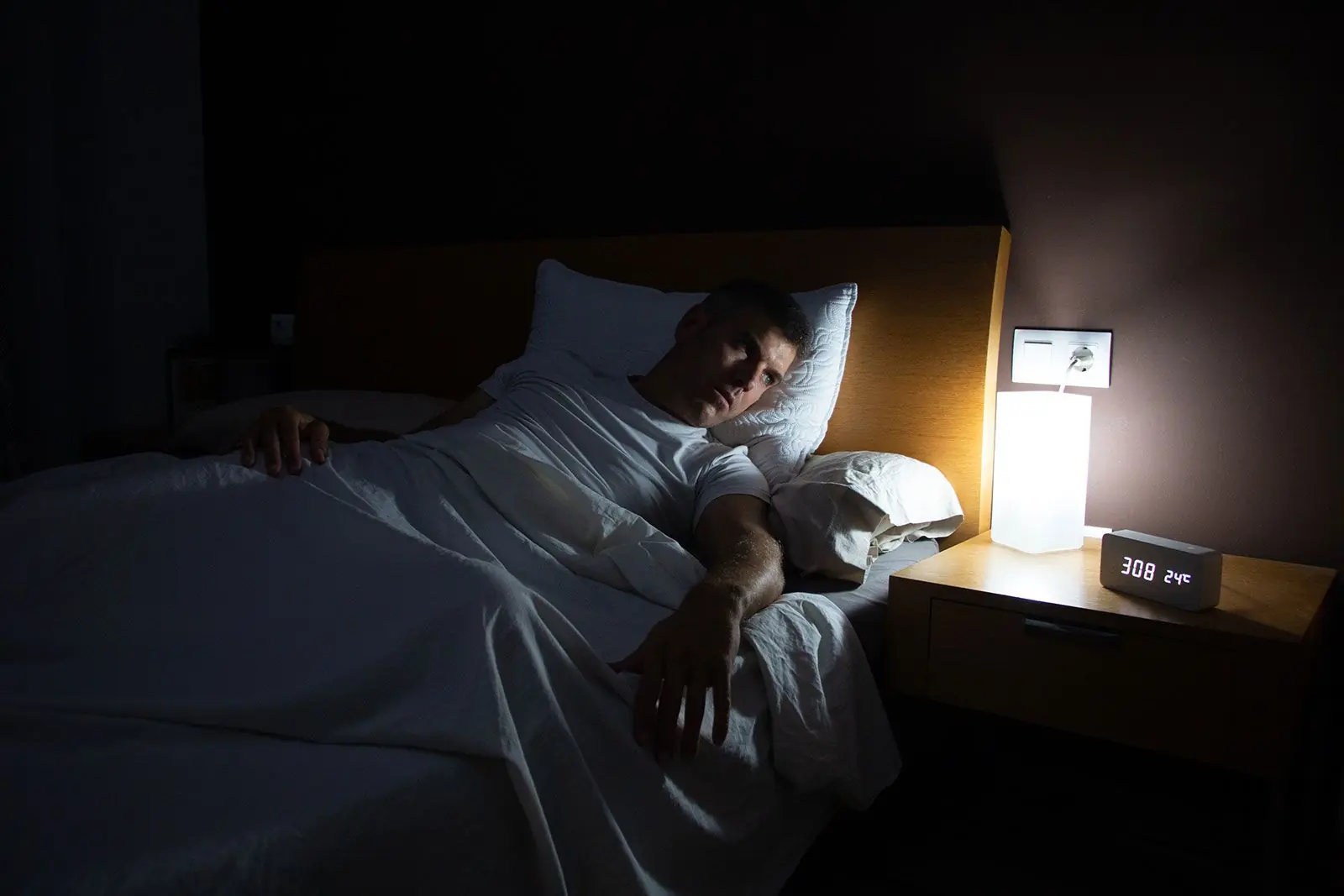
The Sleep Saboteur: The One Thing You Should Never Do When You Wake Up at Night
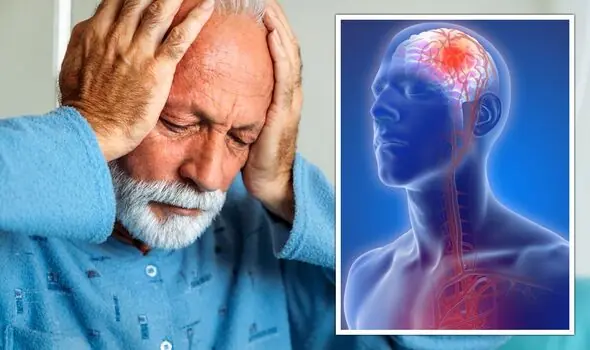
Nightly Habits That Could Increase Your Risk of Stroke
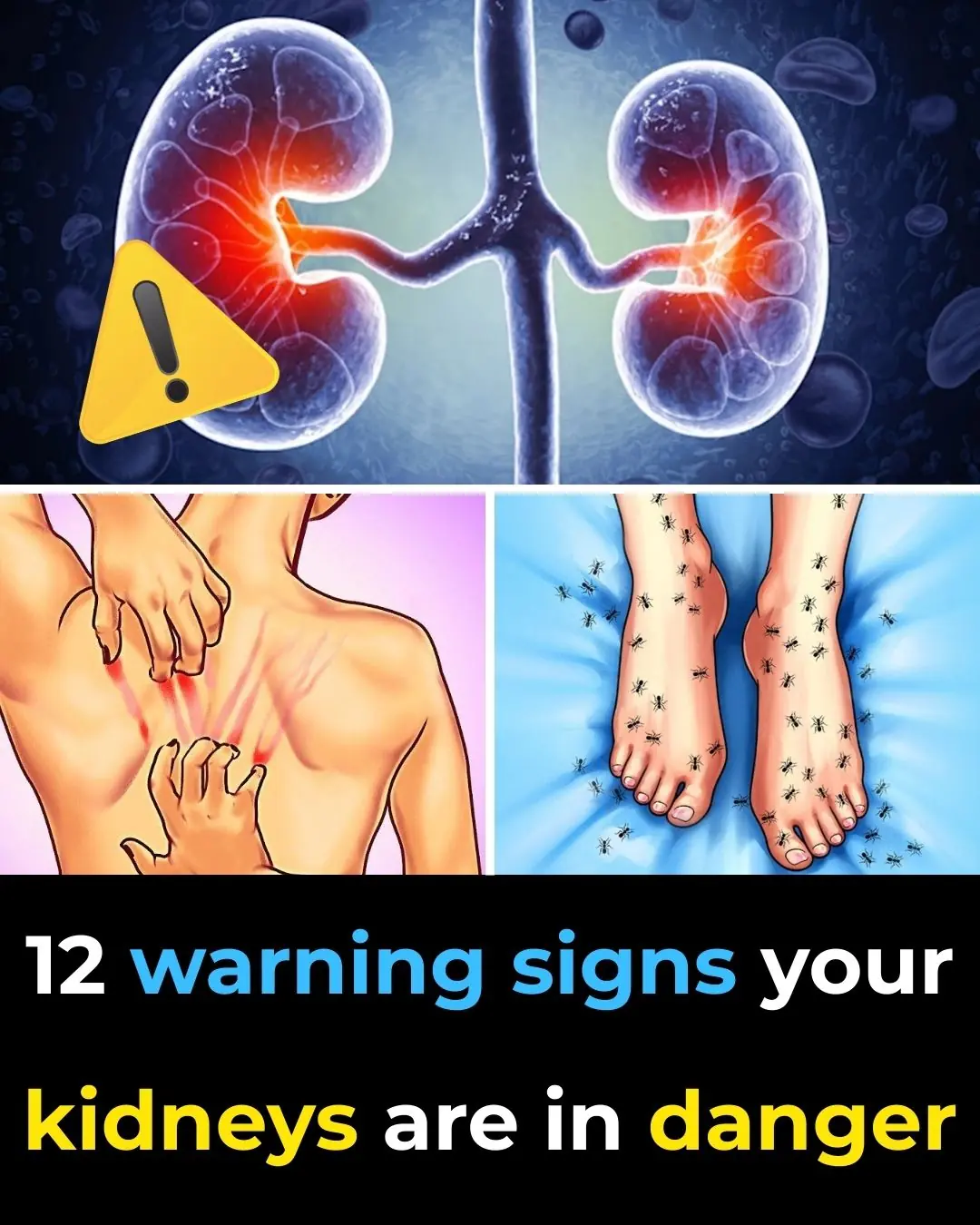
🚨 ALERT! 7 Strange Signs Your Kidneys Are Crying for Help

Vitamin E Oil uses for Skin – Glowing Skin, Dark Circles & Wrinkles

DIY Aloevera ice cubes to Remove Dark Spots & Clear Skin | Aloevera Benefits for Skin

Tips for pickling white eggplants that are crispy, do not turn black, and do not form scum when left for a long time

11 Secret Baking Soda Tricks for Women That Will Change Your Life!

Mattresses used for a long time are dirty and smelly, sprinkle this on the surface, no need to wash with water, it will be clean as new

‘Healthy Man’ Diagnosed With Cancer After Noticing Dog’s Bizarre Behavior Around Him
